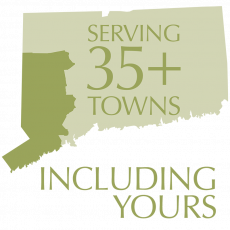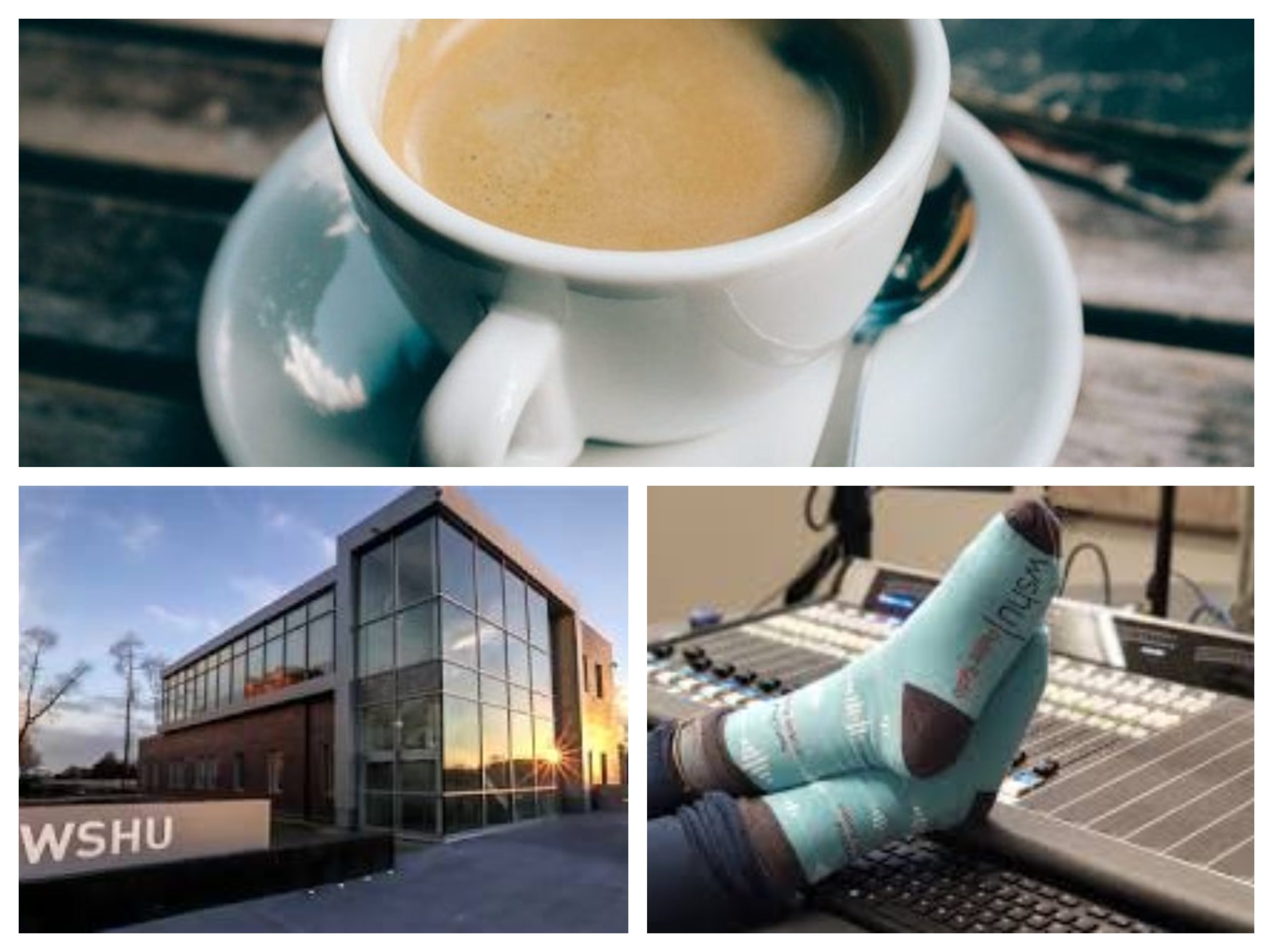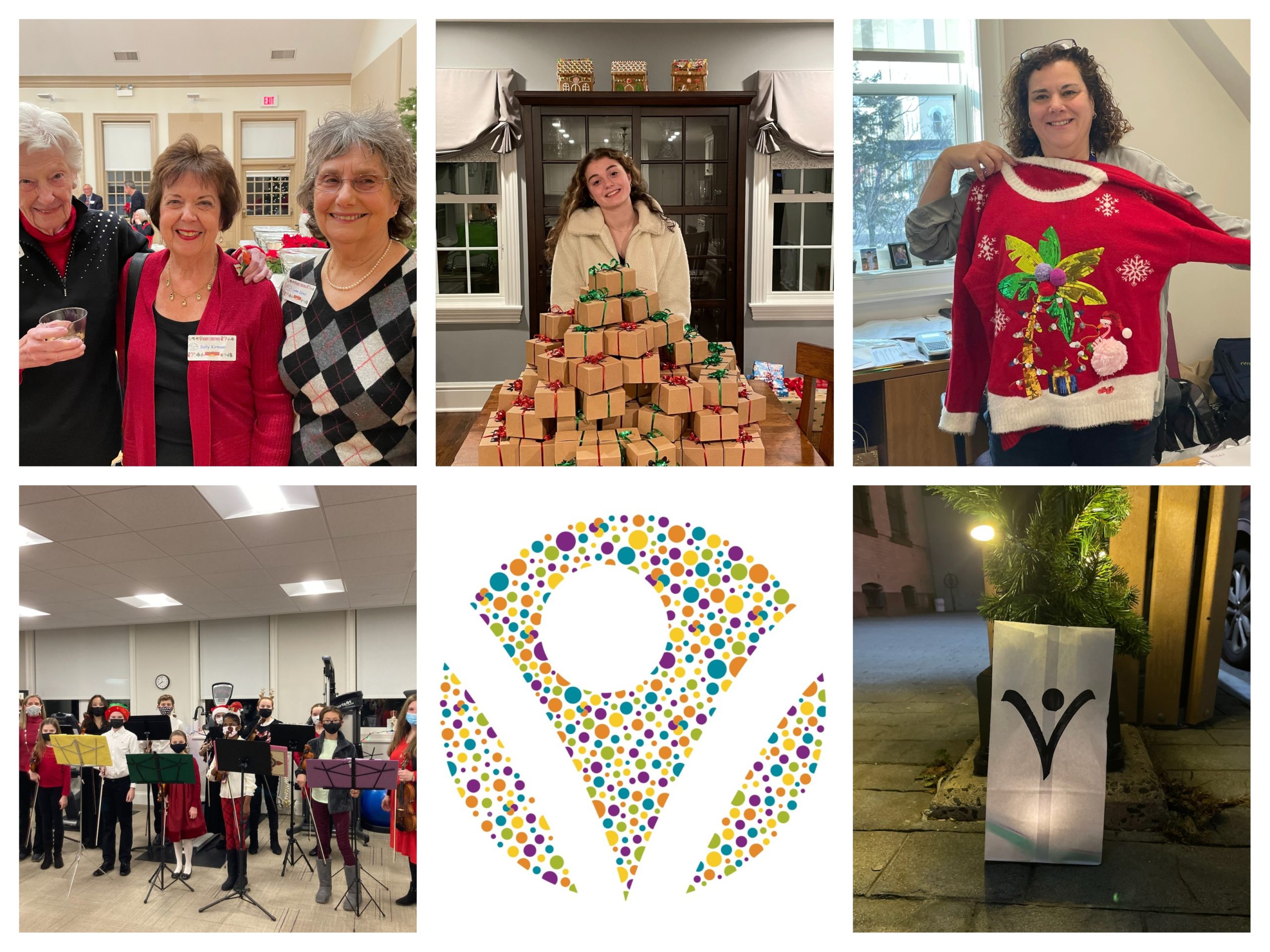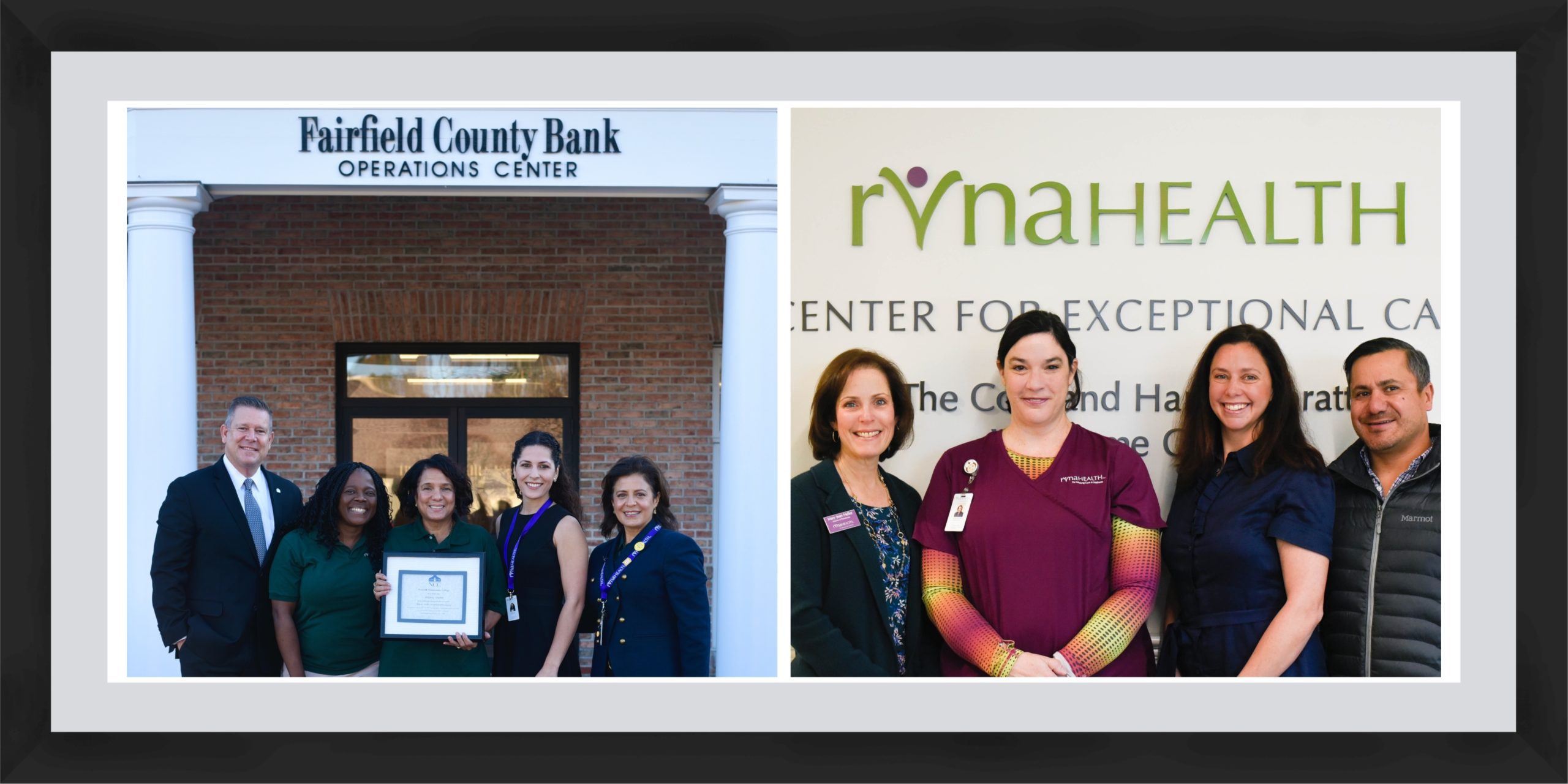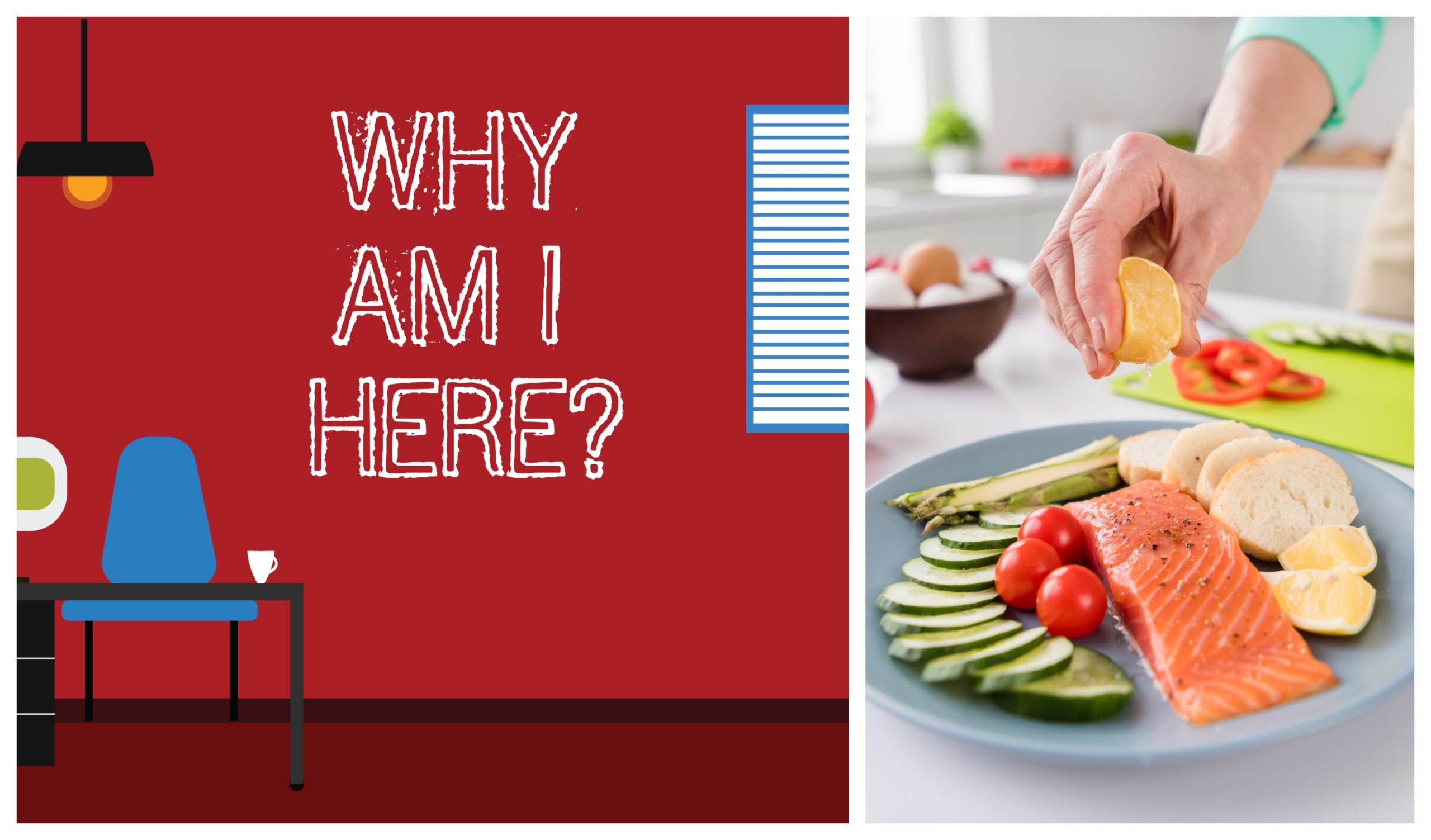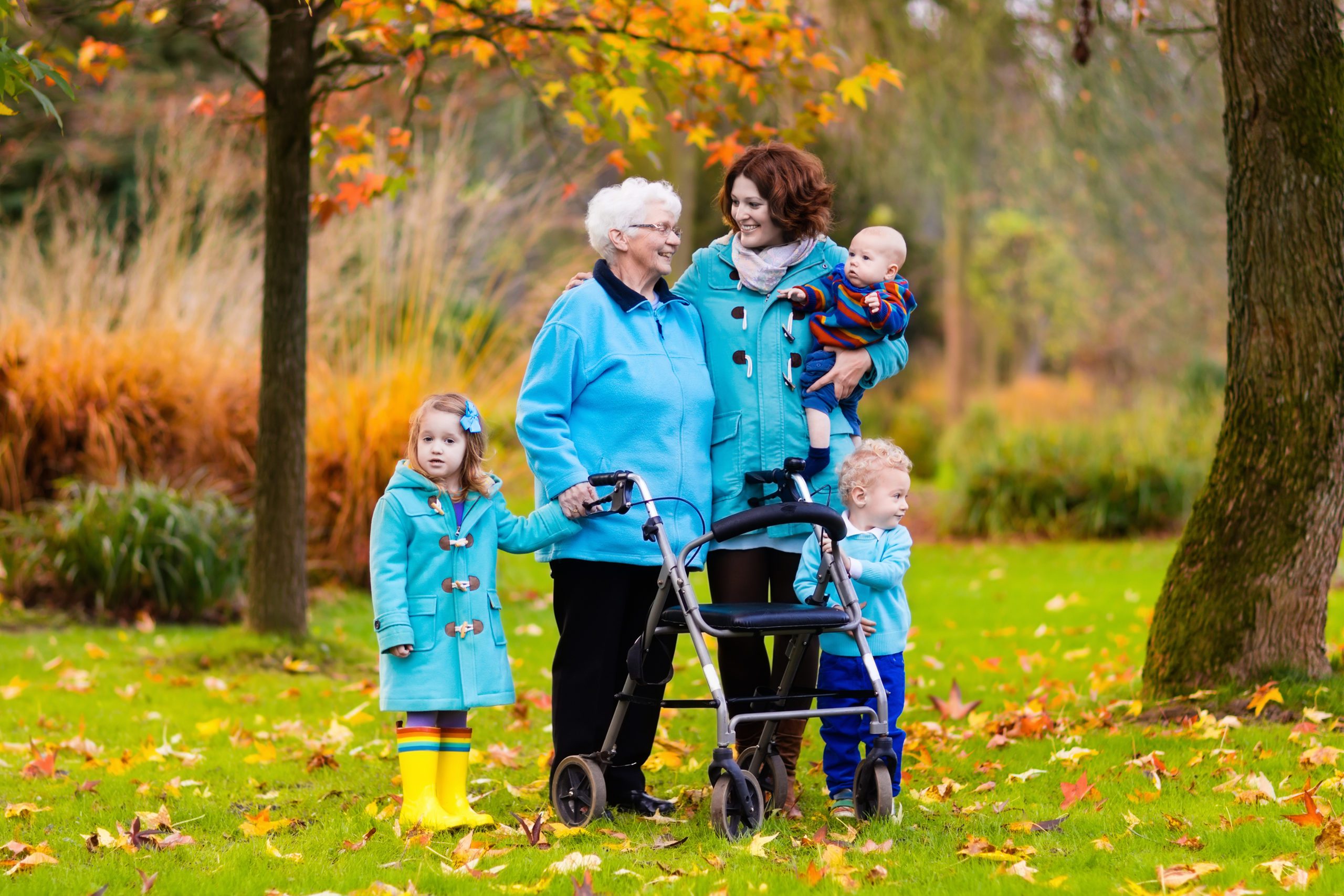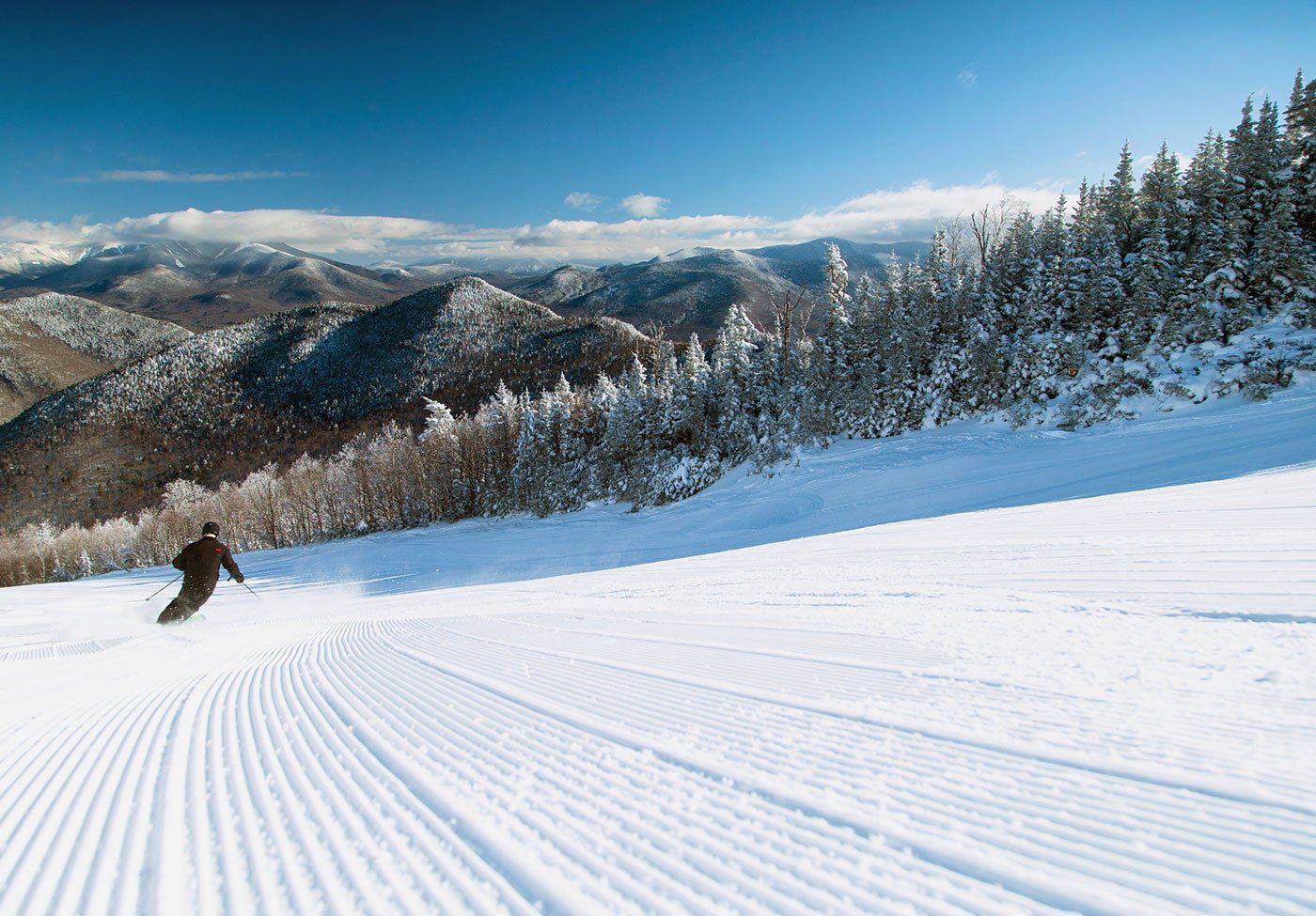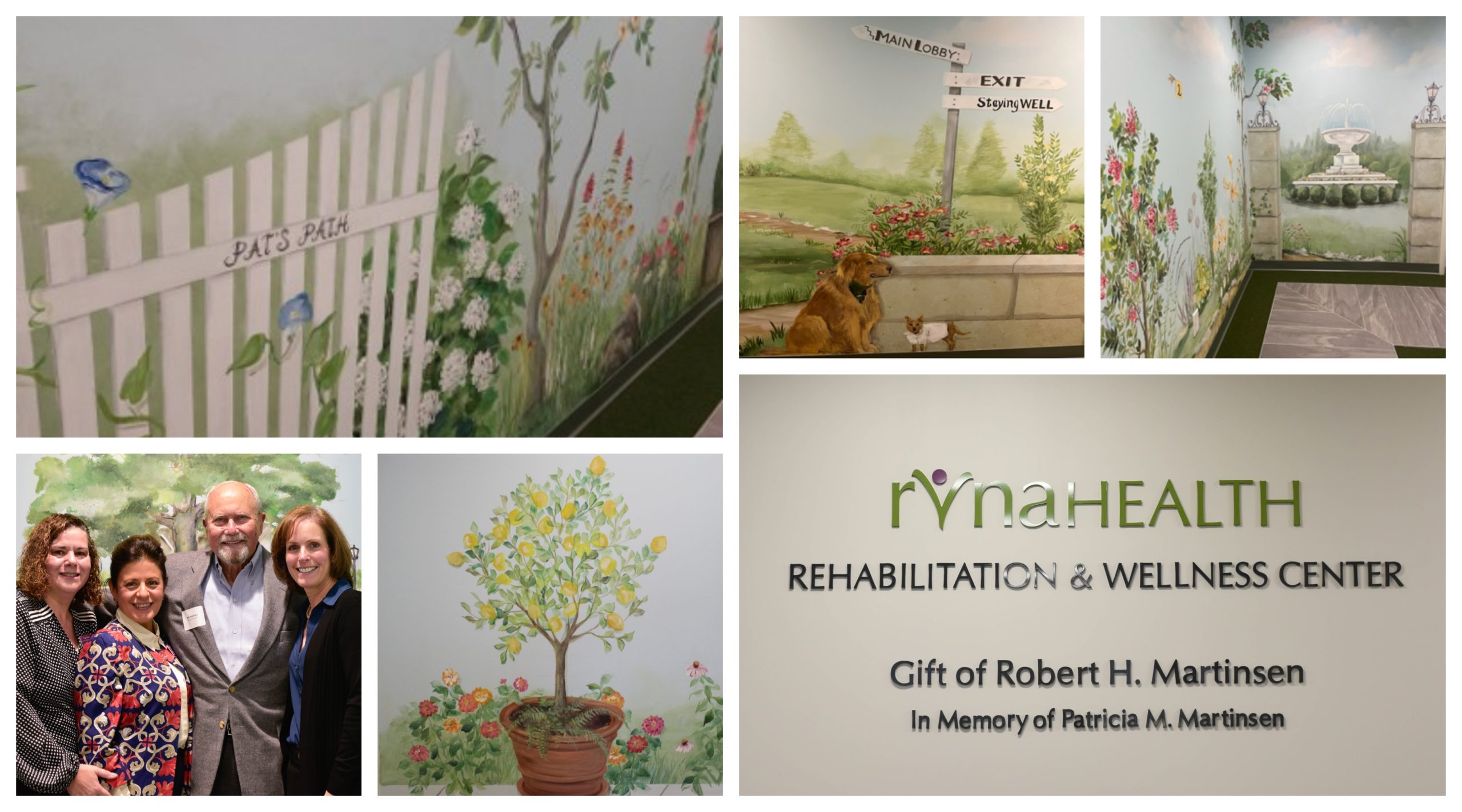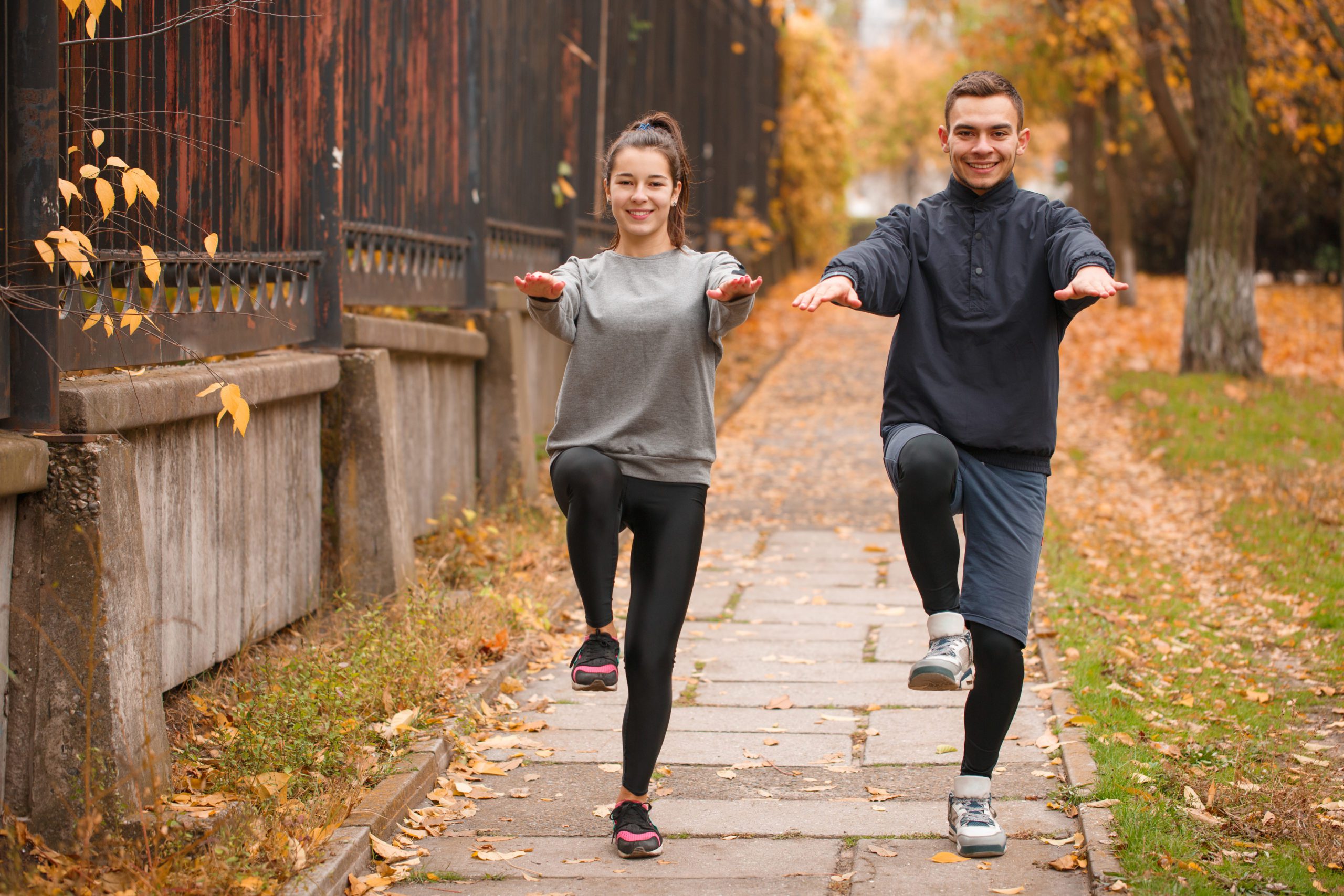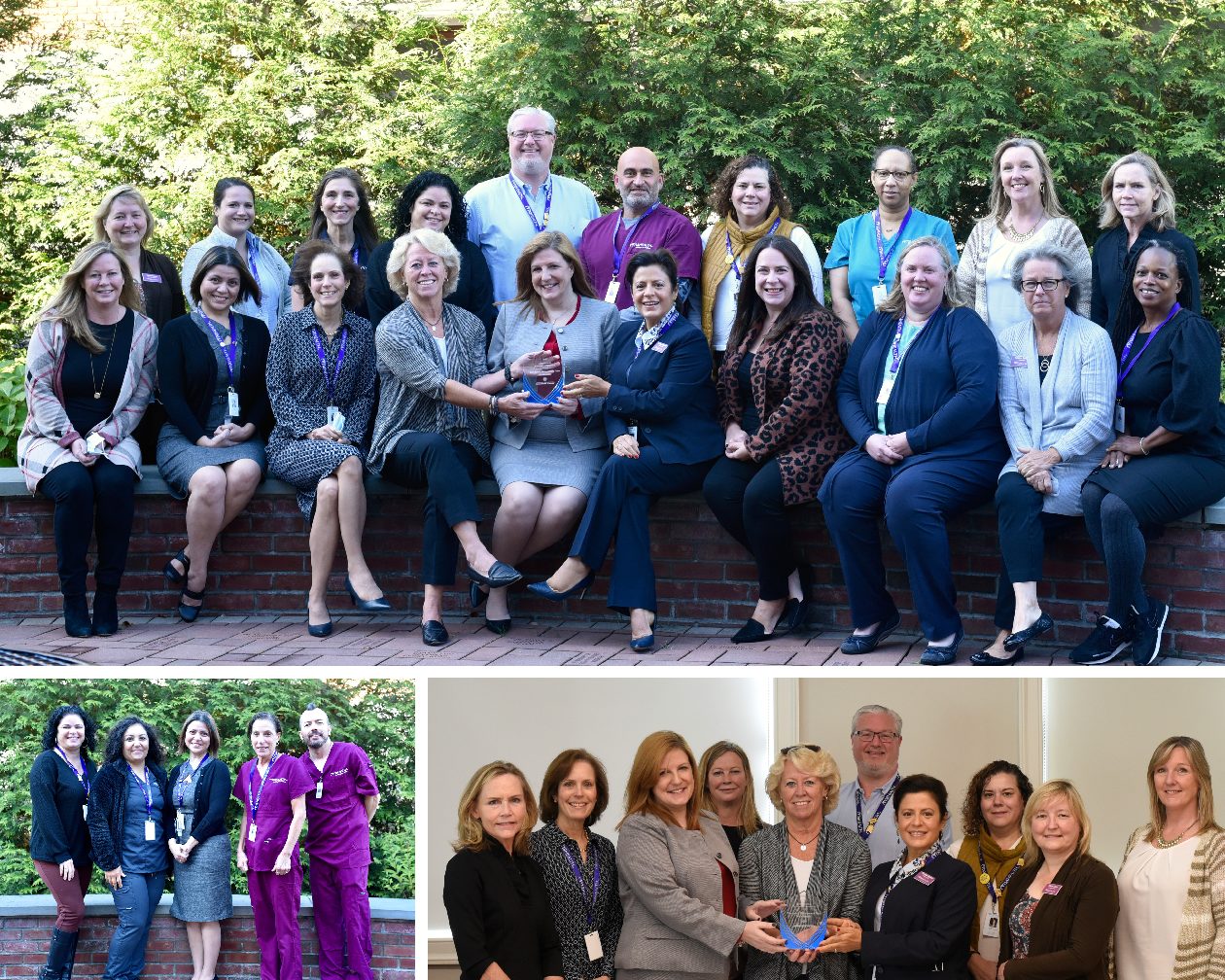‘Twas the Season — Warm, Generous, Fun
The Precious Gift of Education
Food for Thought
In Celebration of Family Caregivers – Tips to Remain at Your Best!
This month RVNAhealth took time to recognize and thank our StayingWELL caregivers for their tireless efforts in helping clients remain safely and confidently at home. We celebrate our caregivers during November, which also happens to be National Family Caregivers Month.
As a caregiver, prioritizing time for yourself can be just as important as the care you provide for a loved one at home. Feeling your best and feeling adequately prepared can only happen when you invest time in yourself. Here are some helpful tips to help family caregivers remain at their best both physically and mentally.
- Learn and use stress-reduction techniques, e.g., meditation, prayer, yoga, Tai Chi
- Attend to your own healthcare needs
- Get proper rest and nutrition
- Exercise regularly, even if only for 10 minutes at a time
- Take time off without feeling guilty
- Participate in pleasant, nurturing activities, such as reading a good book, taking a warm bath
- Seek and accept the support of others
- Seek supportive counseling when you need it, or talk to a trusted counselor, friend, or pastor
- Identify and acknowledge your feelings, you have a right to ALL of them
- Change the negative ways you view situations
- Set goals
If you or someone you know is a family caregiver in need of additional care support, RVNAhealth offers care planning and management services, as well as its own StayingWELL services offering both hourly and live-in caregiving for personal and household support. Visit RVNAhealth at https://rvnahealth.org/services/staying-well/ or call us at 203.438.5555 x 4 for more information.
If you would like more information you can go to: https://www.caregiver.org/resource/taking-care-you-self-care-family-caregivers/
Happy Caregiver Appreciation Week 2021
This past week RVNAhealth took time to celebrate Caregiver Appreciation Week and thank our StayingWELL caregivers for their tireless efforts in helping our clients to remain safely and confidently in their homes. Caregivers were treated to a drop-in reception and a pampering-themed gift bag in both our Ridgefield and New Milford offices. The StayingWELL caregiving team — over 200 strong — is a group of award-winning individuals who bring pride and compassion to their work and clients. We appreciate and thank these individuals for their tremendous contributions each and every day!
A Winter Wonderland Awaits! Purchase Your Ticket(s) Now!
RVNAhealth Unveils Pat’s Path
Balance Matters!
Balance is an important part of optimal health, particularly as we age — meaning as we advance past the age of 30. (Yes, 30!) And not just equalizing work/life obligations, but physical body balance. Balance is the state of equilibrium when all forces are aligned resulting in optimal posture, muscle control, and spatial orientation. Much like with lifestyle balance, if our bodies are not properly aligned, undesirable consequences are the result. With normal aging, or following injury, surgery, or any physical stressor, improper balance can result in falls, muscle/strength weakening, and decreased mobility.
Maintaining healthy balance is not difficult and can improve overall movement, enhance joint mobility, and reduce injury risk. According to the Centers for Disease Control, the muscles that keep us upright begin to weaken in our 30s and falls are a leading cause of injury or death in people over age 65. One in three in this age group experience a debilitating fall each year.
Oftentimes, people don’t recognize when their coordination is compromised and the RVNAhealth Rehabilitation & Wellness Center team offers tips for maintaining optimal balance health at every age:
Strengthen core muscles. It doesn’t take a crunch class at the gym to increase core strength (though don’t let us stop you!). Some simple ways to engage core muscles include planks and push-ups (try doing them on the counter if the traditional floor versions are too much. Add an arm lift to the plank if you’re able.
Improve your static balance (your ability to hold our body in a specific position and posture) by standing on one leg. On a flat, stable surface, like while at the sink or on the phone, lift one leg off the floor – even a few inches. Then repeat with the other leg. Do whatever it takes to hold for 30 seconds. Always repeat this exercise more than once. The first time simply wakes up the nervous system, but the second or third round really reiterates the learning and engrains the new pattern.
Walk heel to toe twenty steps forward and twenty steps back to the starting position. This works on your dynamic balance. Use arms for stabilization, as needed. Then walk on your tippy toes, walk on your heels, walk sideways, and walk BACKWARDS! With caution, please!
Incorporate quality rest. A good night’s sleep improves equilibrium; sleep deprivation can slow the body’s ability to respond, increasing fall and injury risk.
Do Yoga. Regardless of fitness level, yoga is a safe way to improve strength, lengthen muscles, and reduce stress, all which can impact body balance.
Stay hydrated! The Vestibular system in the inner ear relies on a good fluid balance. Being dehydrated can lead to slower reflexes in response to a fall.
Give the brain a good workout. Yes, the brain plays an important role in body balance because it processes signals from the sensory body systems to aid in movement and balance. Keeping the brain engaged through reading, word/numeric puzzles, other mind-challenging hobbies, listening to music, or trying a new skill can strengthen brain performance which positively affects balance.
If your balance is a concern, contact the RVNAhealth Rehabilitation & Wellness Center at (203) 438-7862 to schedule an evaluation, or attend an upcoming Falls Assessments & Balance Testing program.

